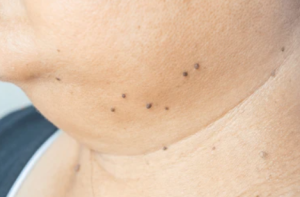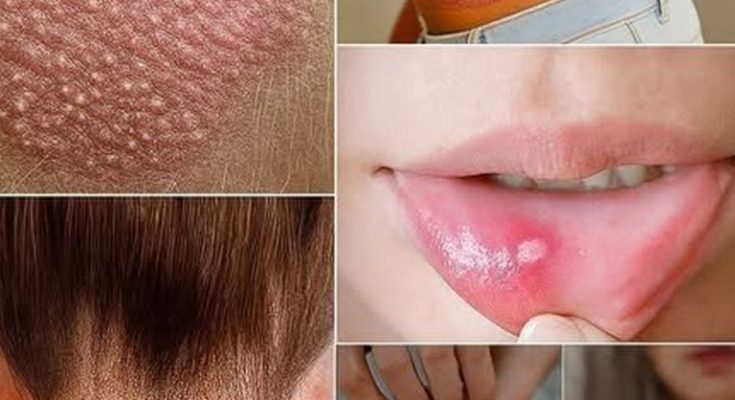Your skin is more than just the body’s largest organ—it’s also a reflection of your overall health. Subtle changes in skin tone, texture, or appearance can sometimes signal deeper health concerns. Paying attention to these early warnings can help you take preventive steps and seek timely medical advice.
Here are some common skin-related signs that may point to underlying health conditions:
1. Yellowish Skin or Eyes
A yellow tint to the skin or the whites of the eyes can be a sign of jaundice, which is often linked to liver function issues. This happens when the body has too much bilirubin, a substance the liver normally processes.
Possible Causes:
-
Liver conditions such as hepatitis or cirrhosis
-
Blockages in the bile ducts
-
Certain medications
2. Dark Patches on the Neck or Armpits
If you notice thick, darkened patches in areas like the neck or armpits, it could be a condition called acanthosis nigricans. This is sometimes associated with insulin resistance, which may increase the risk of developing type 2 diabetes.
3. Persistent Redness or Rashes

Constant redness on the face could be linked to rosacea, while widespread rashes may point to allergies, infections, or autoimmune conditions. Since many factors can trigger skin inflammation, it’s best to seek professional advice if redness or rashes keep returning.
4. Changes in Nails
Nails are part of the skin system too, and they can reveal important health clues. Brittle nails, dark streaks, or changes in shape may indicate nutritional deficiencies, thyroid concerns, or even heart-related conditions.
5. Extremely Dry or Flaky Skin

Occasional dryness is normal, but if your skin remains dry and flaky even with regular moisturizing, it may be linked to hypothyroidism, psoriasis, or atopic dermatitis. Chronic dehydration and poor nutrient absorption can also play a role.
6. Unexplained Bruising
If bruises appear often without any clear cause, it may point to a blood-clotting issue, vitamin K deficiency, or other blood-related conditions. It’s important not to overlook frequent, unexplained bruising.
When to See a Doctor
While many skin changes are harmless, sudden or persistent symptoms should not be ignored—especially if they come with fatigue, fever, weight loss, or pain. A dermatologist is often the first step, but depending on the cause, other specialists such as endocrinologists or gastroenterologists may also be needed.




